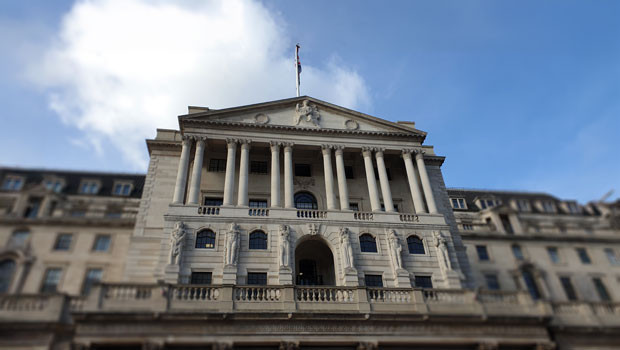UK inflation unexpectedly falls in December

UK inflation unexpectedly eased in December after two months of increases, according to data released on Wednesday by the Office for National Statistics.
Consumer price inflation rose 2.5%, down from 2.6% in November, and versus expectations for it to remain unchanged.
Meanwhile, core inflation - which excludes food and energy - declined to 3.2% from 3.5%, versus expectations for a smaller drop to 3.4%.
Services inflation eased to 4.4% in December from 5% the month before. Economists were expecting 4.8%.
ONS economist Grant Fitzner said: "Inflation eased very slightly as hotel prices dipped this month, but rose a year ago. The cost of tobacco was another downward driver, as prices increased by less than this time last year.
"This was partly offset by the cost of fuel and also second-hand cars, which saw their first annual growth since July 2023."
Ruth Gregory, deputy chief UK economist at Capital Economics, noted the fact that both core and services inflation fell more than expected.
"Admittedly, this won’t alleviate the Bank’s concerns about persistent price pressures entirely," she said.
"After all, 0.3ppts of the 0.6ppt fall in services inflation in December was due to airfares, which are volatile. Even so, services inflation would still have been 0.1ppts lower than we expected if airfares were in line with our forecast. So while the softening is not as marked as it appears at first sight, underlying price pressures still appear a bit more favourable than we had thought.
"Our forecast is that CPI inflation will rebound in January, perhaps to almost 3.0% and that inflation will be a bit higher than most expect in the first half of this year. But we expect it to drop below the 2% target next year as the persistence of inflation fades further.
"Overall, next Tuesday’s release of the wage growth figures for November will shed more light, but for now, we remain content with our forecast that the Bank will cut rates from 4.75% to 4.50% in February."